Understanding Adderall 30 mg: A Comprehensive Guide
What is Adderall?
Adderall 30 mg is a prescription medication. It treats Attention Deficit Hyperactivity Disorder (ADHD) and narcolepsy. This medication contains two components: amphetamine and dextroamphetamine. These ingredients are stimulants that directly impact brain function and neurotransmitter levels.
How Does Adderall Work?
Adderall increases levels of certain neurotransmitters, primarily dopamine and norepinephrine. Dopamine plays a key role in mood regulation and pleasure. Norepinephrine aids in attention and focus. Many individuals with ADHD have lower levels of these neurotransmitters. By raising their levels, Adderall can help improve concentration, reduce impulsivity, and enhance overall cognitive function.
Who Can Take Adderall?
Doctors prescribe Adderall to both children and adults. The dosage may vary based on age, weight, and specific health needs. For adults, 30 mg is a common dose. Two forms of Adderall are available: immediate-release and extended-release. The immediate-release form starts working quickly, typically lasting four to six hours. The extended-release version, known as Adderall XR, provides effects for up to 12 hours.
How to Use Adderall Properly
Patients usually take Adderall in the morning. Taking it later in the day can disturb sleep patterns. It is crucial to follow the doctor’s instructions carefully. If a dose is missed, it should be taken as soon as remembered, unless it is almost time for the next dose. In that case, skip the missed dose. Patients should never take two doses at once.
What Are the Side Effects?
Like any medication, Adderall can cause side effects. Common ones include:
- Nervousness
- Restlessness
- Difficulty sleeping
- Loss of appetite
- Dry mouth
- Headaches
Patients should report any adverse effects to their doctor. Open communication helps manage side effects and adjust treatment as needed.
Who Should Avoid Adderall?
Individuals with certain medical histories should consult their doctor before taking Adderall. Those with heart issues, high blood pressure, or mental health disorders should discuss these concerns. Furthermore, if a patient has a history of substance abuse, it’s essential to inform the doctor. Adderall is classified as a Schedule II controlled substance due to its potential for abuse.
Understanding Misuse and Dependency
Some individuals misuse Adderall, seeking to enhance focus or energy. This misuse can lead to serious health risks. Taking higher doses can cause increased heart rate and high blood pressure. Dependency may also develop with prolonged use. It is important to take Adderall only as prescribed to mitigate these risks.
What to Do If You Want to Stop Using Adderall
If patients decide to stop taking Adderall, they should consult their doctor first. Discontinuing abruptly can cause withdrawal symptoms, such as fatigue or depression. A healthcare provider can recommend a safe tapering plan.
The Importance of Follow-Up Appointments
Regular follow-up appointments with the doctor are essential. These appointments allow for monitoring of the medication’s effectiveness and any potential side effects. Patients should openly discuss their experience. This feedback is crucial for adjusting treatment plans.
Lifestyle Modifications for ADHD
Managing ADHD effectively often requires more than medication. Many individuals find that therapy and lifestyle changes complement their treatment. Behavioral therapy can provide valuable strategies for managing symptoms. Additionally, a balanced diet, regular exercise, and sufficient sleep can have a positive impact on focus and mood.
Alternatives to Adderall
Not everyone may respond best to Adderall. Alternative medications, such as Ritalin or Strattera, may be more suitable for some patients. The choice of treatment should always be based on individual needs and responses.
Storage and Disposal Precautions
Proper storage of Adderall is vital for safety. Keep the medication in a cool, dry place, away from heat and humidity. Store it out of reach of children and pets. If there’s unused or expired medication, consult a pharmacist about safe disposal methods to prevent accidental ingestion.
The Bottom Line: Adderall 30 mg
Adderall 30 mg serves a specific purpose in the treatment of ADHD and narcolepsy. It helps by increasing essential neurotransmitter levels, thus improving focus, attention, and impulse control. However, it comes with potential risks that require careful monitoring. Open communication with healthcare providers is key to successful treatment.
For individuals with ADHD, combining medication with therapy and lifestyle changes can lead to better outcomes. Everyone’s experience with ADHD is unique, and understanding the medication and its effects will empower patients to manage their condition effectively.
Remember, while Adderall can provide significant benefits, it’s essential to approach its use responsibly and under medical supervision. With the right approach, individuals can harness the power of this medication to improve their lives.

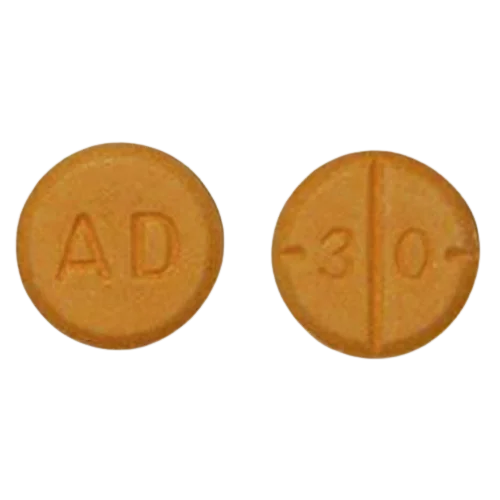
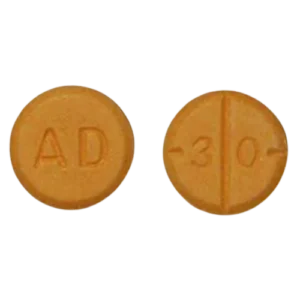
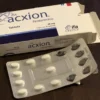
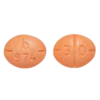
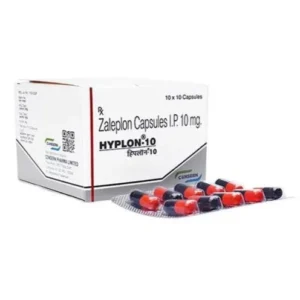
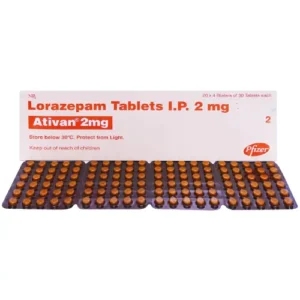
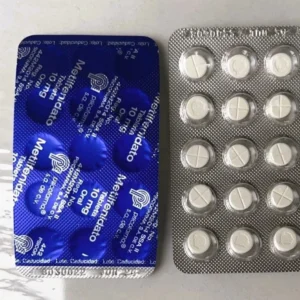
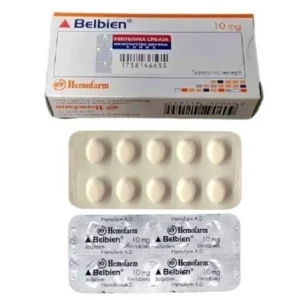
 USD $
USD $
 GBP £
GBP £